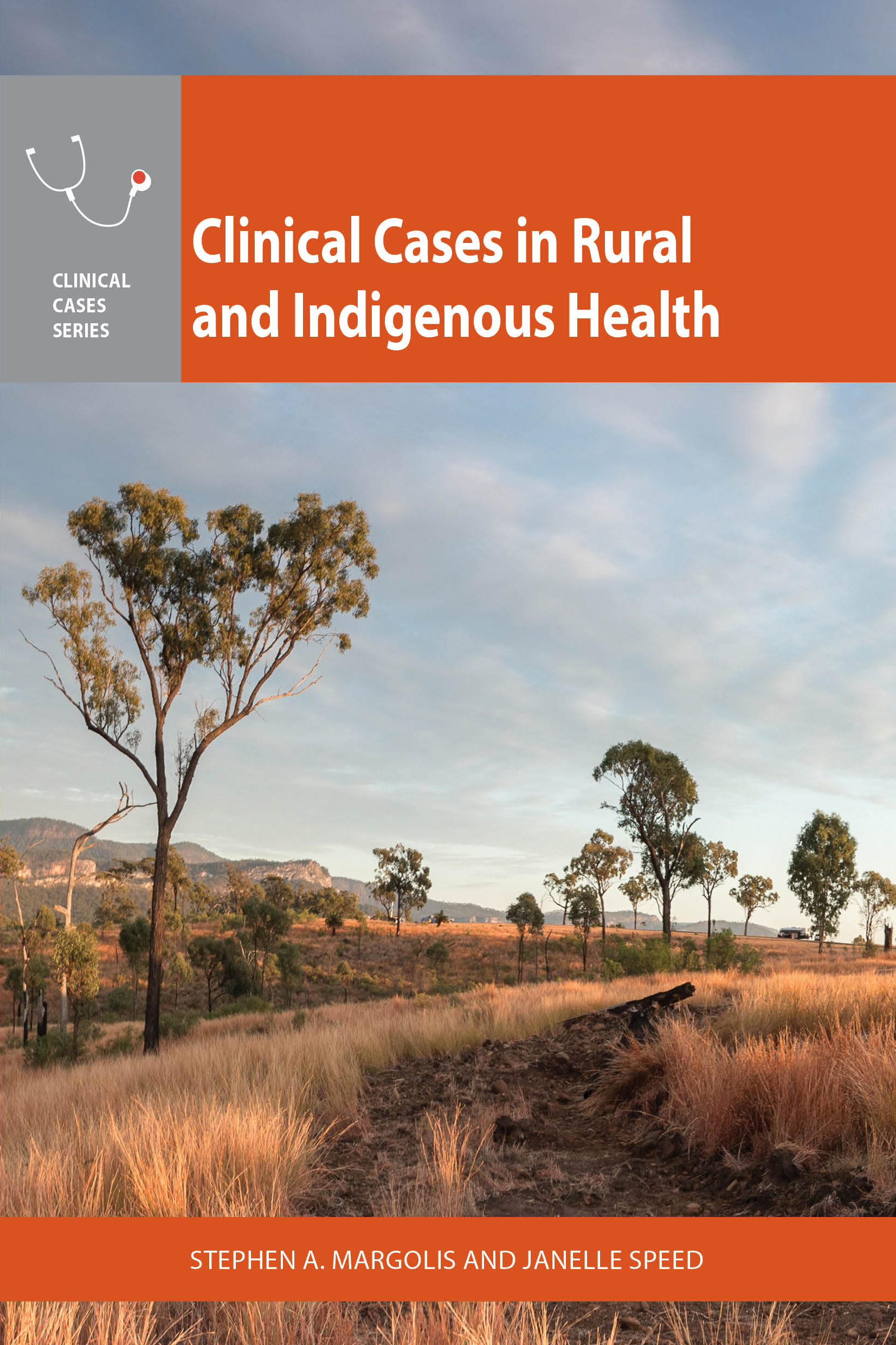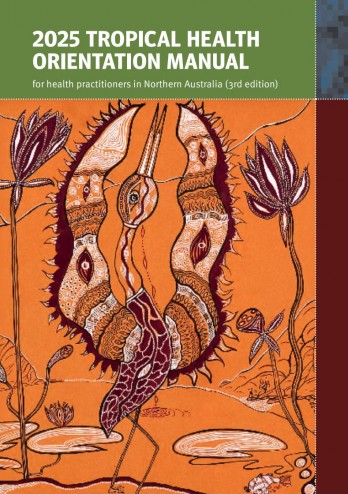
 Clinical Cases in Rural and Indigenous Health
by
This book focusses attention on the challenges presented when providing clinical care in rural Australia. The cases are set across a broad range of locations covering much of the breadth and depth of the rural Australian experience. Each case is in a different location, where the logistical challenges are presented in detail to help the reader immerse themselves in the environment. The topics span the clinical problems seen in rural environments, from both the common and the less common yet cannot be missed categories.
In addition, there are a series of cases that focus specifically on Aboriginal health. Here, the reader is guided to expand their understanding of how to best and most effectively utilise their clinical acumen in a meaningful way when helping Aboriginal people. The working relationships with Aboriginal Health Workers (AHW) is also explored in some detail.
Clinical Cases in Rural and Indigenous Health
by
This book focusses attention on the challenges presented when providing clinical care in rural Australia. The cases are set across a broad range of locations covering much of the breadth and depth of the rural Australian experience. Each case is in a different location, where the logistical challenges are presented in detail to help the reader immerse themselves in the environment. The topics span the clinical problems seen in rural environments, from both the common and the less common yet cannot be missed categories.
In addition, there are a series of cases that focus specifically on Aboriginal health. Here, the reader is guided to expand their understanding of how to best and most effectively utilise their clinical acumen in a meaningful way when helping Aboriginal people. The working relationships with Aboriginal Health Workers (AHW) is also explored in some detail.
 Tropical Health Orientation Manual for Health Practitioners in Northern Australia, 3e
by
This third edition of the THOM is supported by the Northern Territory Primary Health Network (NT PHN) and published by the Menzies School of Health Research. As with the prior editions, there are many clinical colleagues who have generously given their own time to update topics and provide new content. Emphasis has been placed on adding direct links to relevant guidelines and resources, especially CARPA, Therapeutic Guidelines and NT HealthPathways. The THOM provides best practice advice for the diagnosis, identification and treatment of conditions specific to the tropical north. It is a helpful resource for health practitioners working in northern Australia, especially those new to the region and those who visit periodically to support the local health workforce.
Tropical Health Orientation Manual for Health Practitioners in Northern Australia, 3e
by
This third edition of the THOM is supported by the Northern Territory Primary Health Network (NT PHN) and published by the Menzies School of Health Research. As with the prior editions, there are many clinical colleagues who have generously given their own time to update topics and provide new content. Emphasis has been placed on adding direct links to relevant guidelines and resources, especially CARPA, Therapeutic Guidelines and NT HealthPathways. The THOM provides best practice advice for the diagnosis, identification and treatment of conditions specific to the tropical north. It is a helpful resource for health practitioners working in northern Australia, especially those new to the region and those who visit periodically to support the local health workforce.
 Got big ideas for this ANZCA resource guide? Why not become our advocate? Highlight valuable resources for college fellows and trainees while earning CPD hours!
Got big ideas for this ANZCA resource guide? Why not become our advocate? Highlight valuable resources for college fellows and trainees while earning CPD hours!
 Contact ANZCA Library for more info: library@anzca.edu.au
Contact ANZCA Library for more info: library@anzca.edu.au

Quick links
About ANZCA
Copyright © Australian and New Zealand College of Anaesthetists.